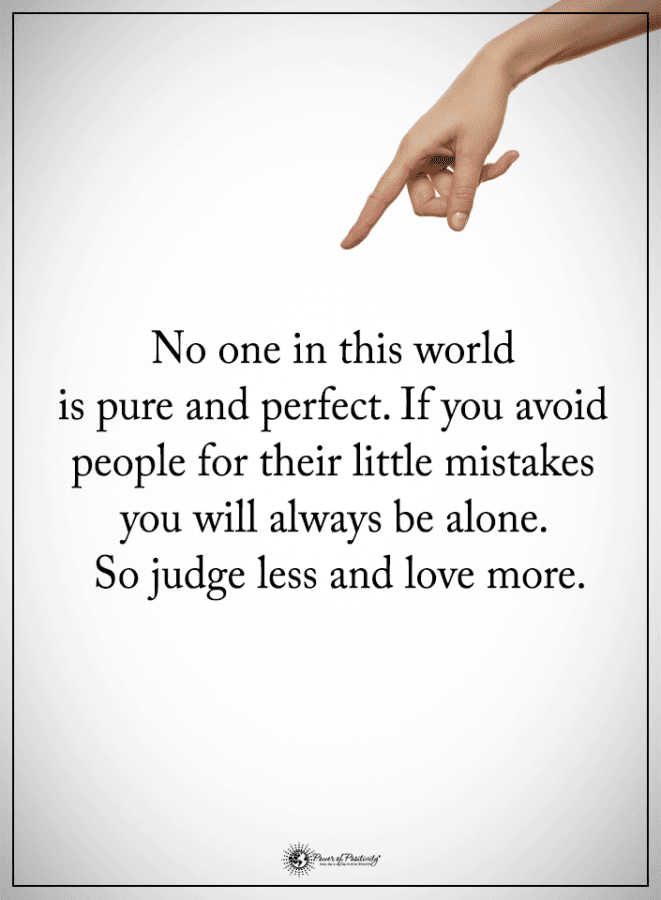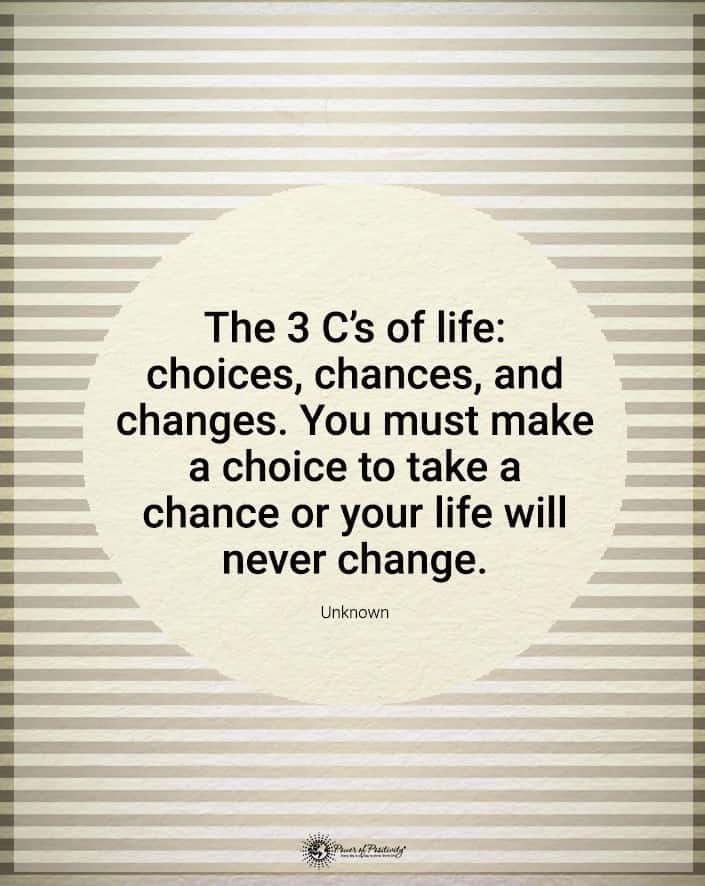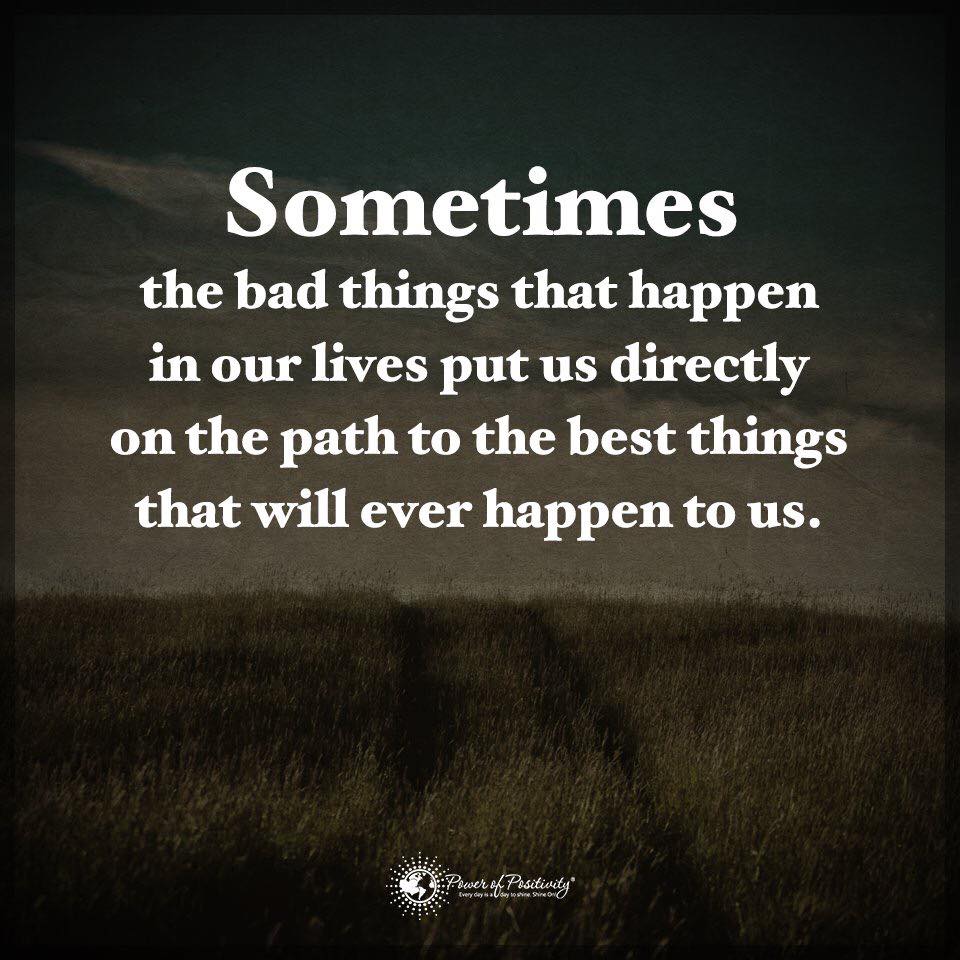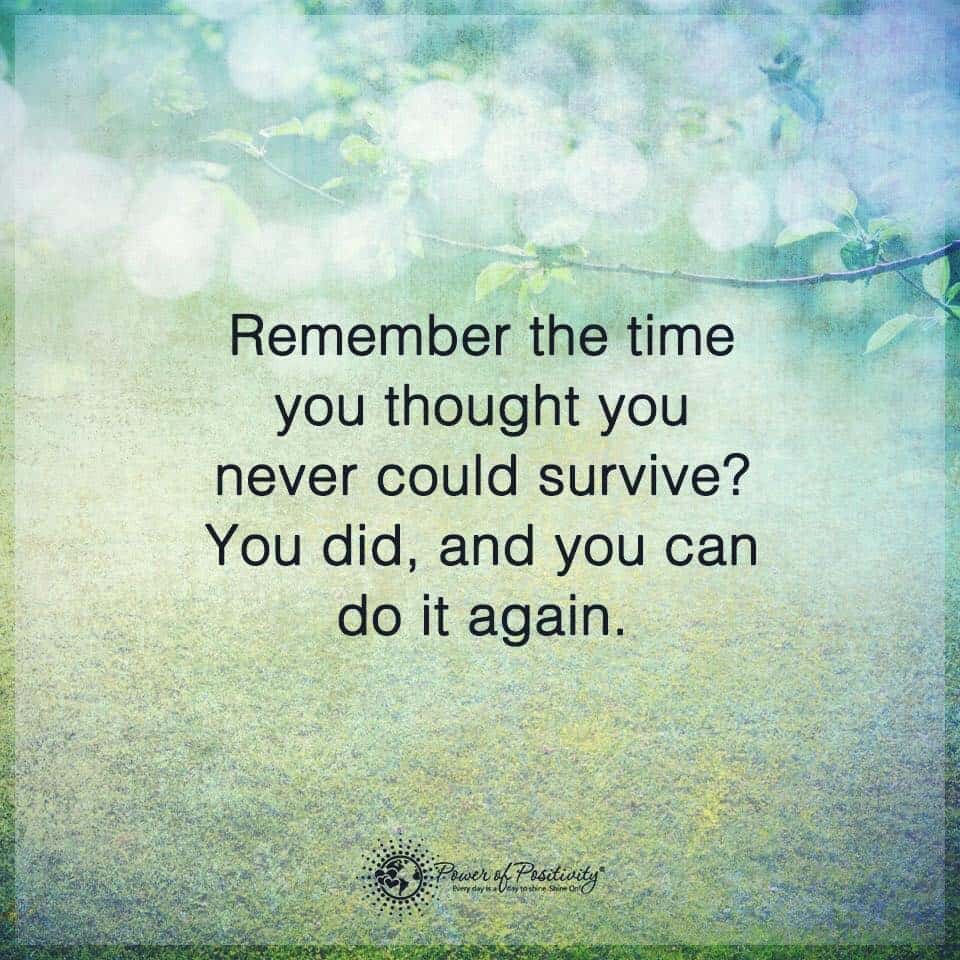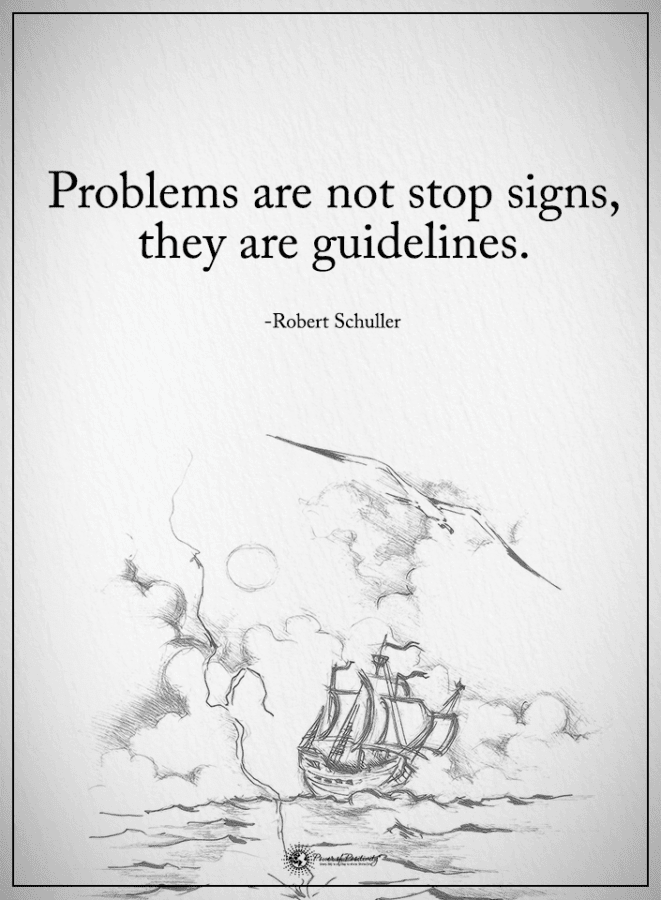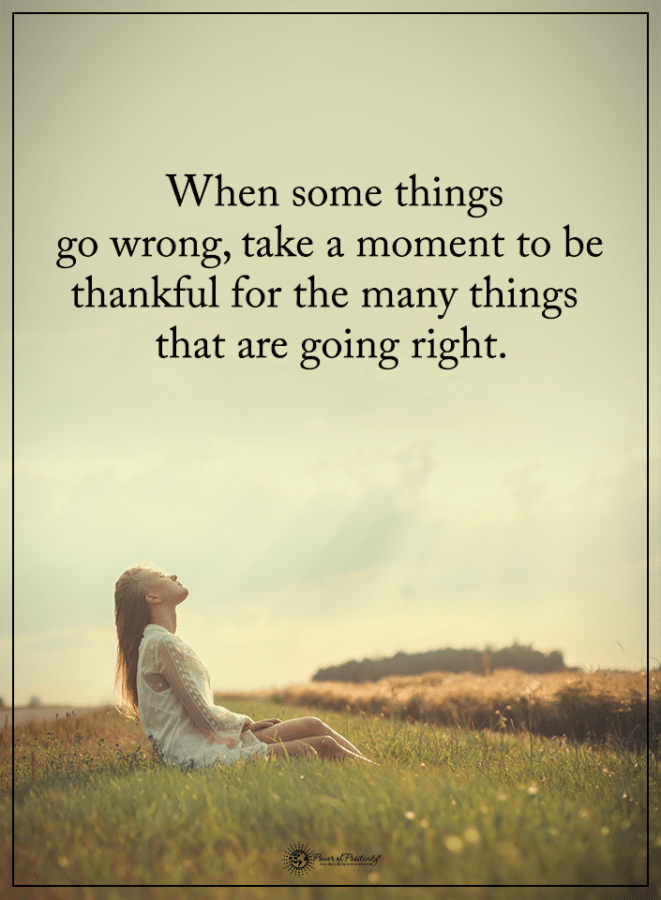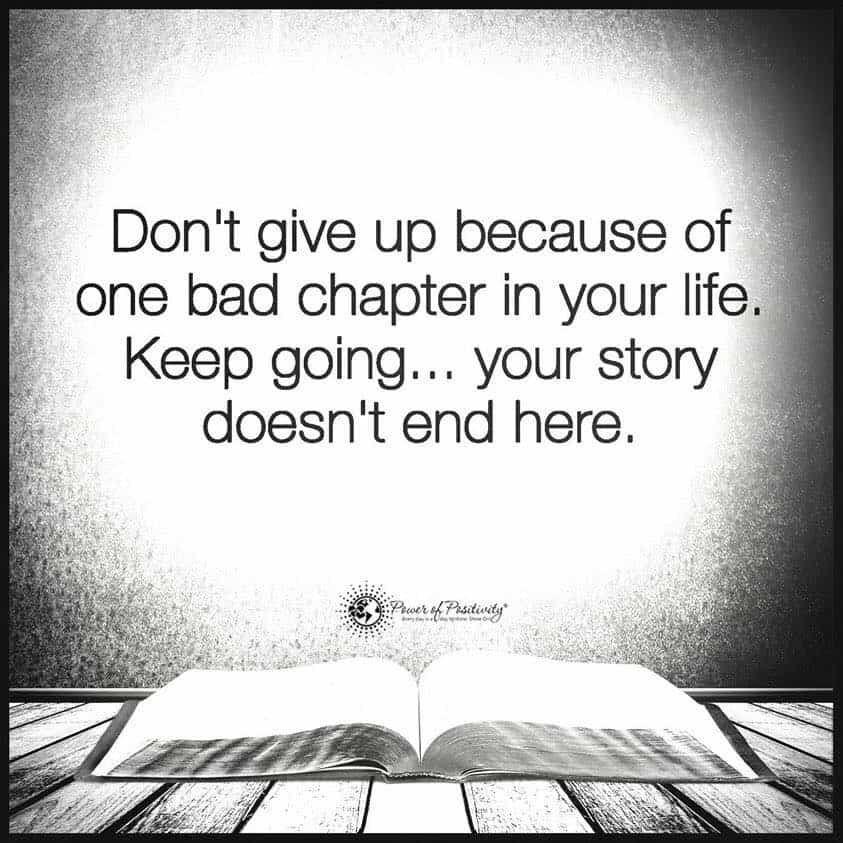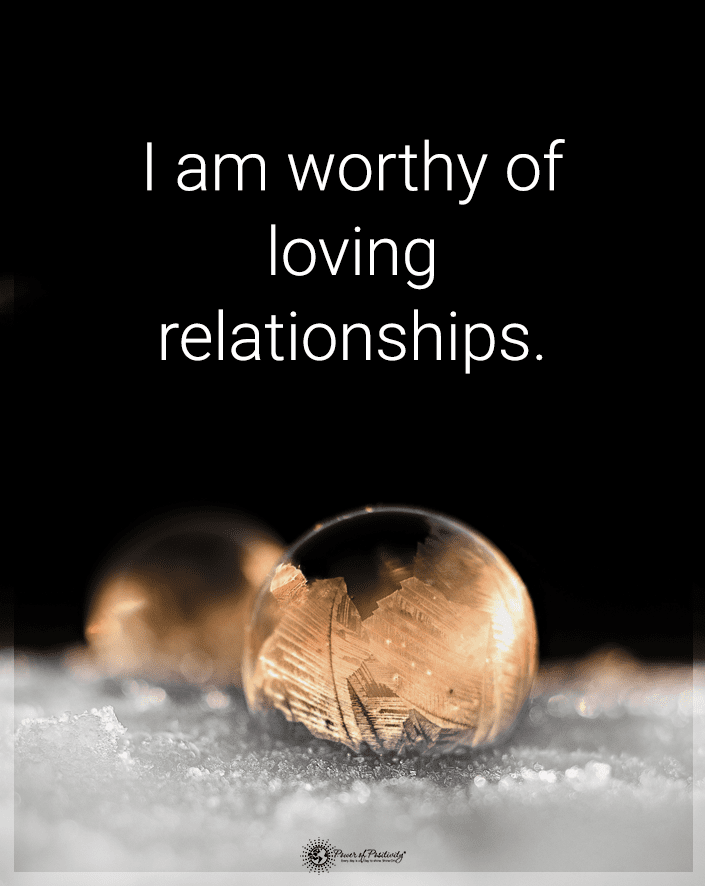A misunderstanding… That’s our affiliation with stress and anxiety: a misunderstanding. See, anxiety doesn’t arise to hurt us. Anxiety arises to help us.
But first, we must understand what stress and anxiety is and is not. We must recognize why anxiety and stress are present before we can take any type of action.
Indeed, we must understand our relationship with stress before we can act intelligently.
And this relationship goes back a long way: about five to seven million years.
From sabretooths to smartphones
Your brain’s “emotion center” – the limbic system – is the oldest part of your incredible three-pound, tofu-like brain.
The limbic system comprises three brain structures: the hypothalamus, hippocampus, and amygdala. (Pronounced “hip-oh-thal-eh-mus,” “hip-oh-camp-us,” and “uh-mig-duh-luh,” respectively.)
Anyways, enough brain biology. The hippocampus is primarily responsible for mood, and the amygdala is known for stimulating the “fight-or-flight” (FoF) response.
The limbic system, including the all-important hippocampus and amygdala, is responsible for accelerated heart rate, sweating, and physical discomfort. It’s the system responsible for anxiety and stress.
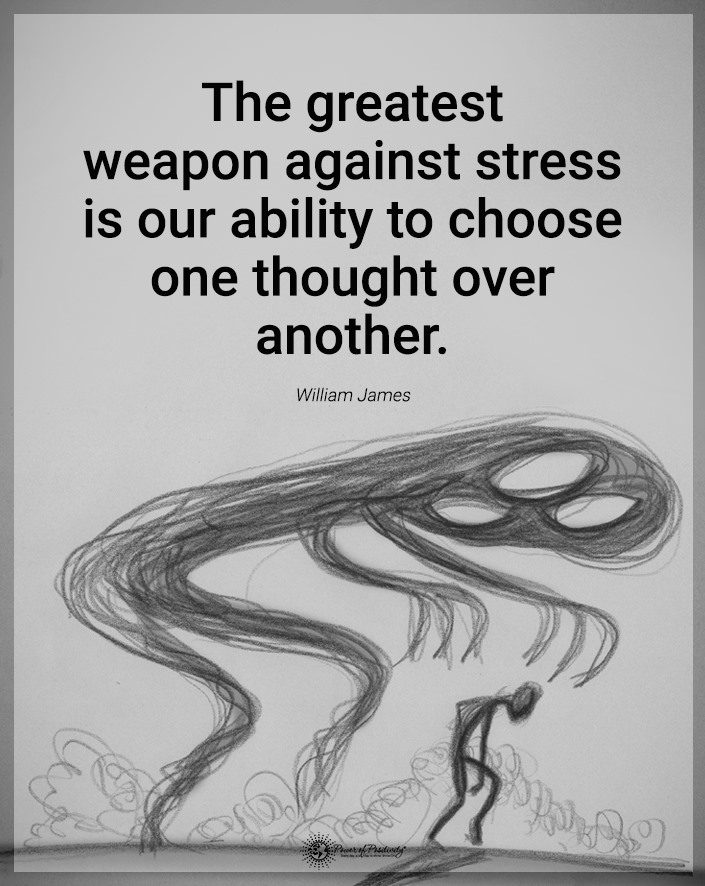
But here’s the main problem:
Though our fantastic brain has progressively evolved, the FoF is still very active. To some degree, this action is necessary. Without the limbic system, we wouldn’t care too much about this thing called survival.
The difference is that it’s not some sabretooth cat we’re wary of; it’s whether your smartphone is nearby, or if your customer is happy, or if your job is secure.
In short: uncertainty about anything = fight-or-flight about anything, stress & anxiety about anything.
And, as we all know, relationships carry a certain degree of uncertainty.
Eliminating Stress
While it may not be possible to eliminate all stress from a relationship, we can remove all unnecessary stress.
How?
By understanding and accepting five essential principles:
1. Relationship anxiety is healthy – to a degree
The first principle stems from the fact that human beings are social creatures. Our genetic makeup dictates that we seek out, care for, and love others – including those we eventually court down life’s path.
When we’re emotionally invested in someone, it’s human nature to protect both them and us. This need to preserve our connections inevitably causes stress and anxiety. As a result, we feel acute anxiety when we lack a connection; and even a tinge of anxiety when we do.
That tinge is called a love connection.
2. ‘Naming’ your emotions helps to understand them
Emotional intelligence is defined as “the capacity to be aware of, control, and express one’s emotions, and to handle interpersonal relationships judiciously and empathetically.” [Emphasis mine].
Matthew D. Lieberman, a professor of Psychology at UCLA, states:
“When you put feelings into words, you’re activating this prefrontal region and seeing a reduced response in the amygdala. In the same way you hit the brake when you’re driving when you see a yellow light — when you put feelings into words you seem to be hitting the brakes on your emotional responses…”
Putting feelings into words is a way of contextualizing something (words) from the intangible (emotions). Clearly, this skill has far-reaching implications for relationships.
When you label your emotions, you feel less stressed, able to think more clearly and find it easier to come up with solutions to problems.
3. Stress in a relationship may stem from something else
We’ve all heard the words “Don’t take it personally.” Well, the same thing applies to relationships.
Because of our intimacy with someone else, it is easy to mistake their stress as something being directed towards us. This is especially true if your partner is one of the happy, outgoing types. (And you’re the sensitive, introverted kind.)
Even two people who’ve been in a long-term relationship occasionally make the mistake of taking their partner’s behaviors too personally. Scientists believe this to be a defense mechanism, and something that relates back to the first principle: an innate anxiety we all feel with personal connections.
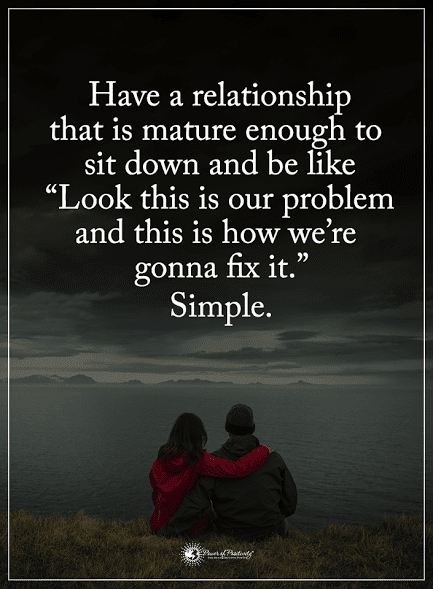
4. Relationship stress can be altruistic
We all fret over the things we care about – and, for most people, their relationships are the most important thing. The level of attachment we feel to a person often coincides with our levels of stress and anxiety.
For example, let’s consider the spouses of men and women in the armed forces. Even when their loved one is stateside (not deployed), there is always some amount of anxiety over long hours, (often) low pay, and – of course – the possibility of deployment.
We don’t agonize over people we don’t love.
5. Asking for help isn’t a weakness
Anyone who has suffered from chronic stress or anxiety will attest to just how taxing it can be at times.
Some avoid asking for help – even though it is crucial to personal health and a happy life. In the throes of anxiety, depression, or a stress-related disorder (e.g., PTSD), it’s common to feel a sense of personal weakness or failure.
Attributing the condition to life circumstances, including relationships, is common. But there comes the point where the condition’s symptoms become too much, and help is necessary.
Finally, remind yourself of an essential truth: your partner loves you unconditionally, and they’ll understand.
“Anxiety is love’s greatest killer. It makes one feel as you might when a drowning man holds on to you. You want to save him, but you know he will strangle you with his panic.” ~ Anais Nin

